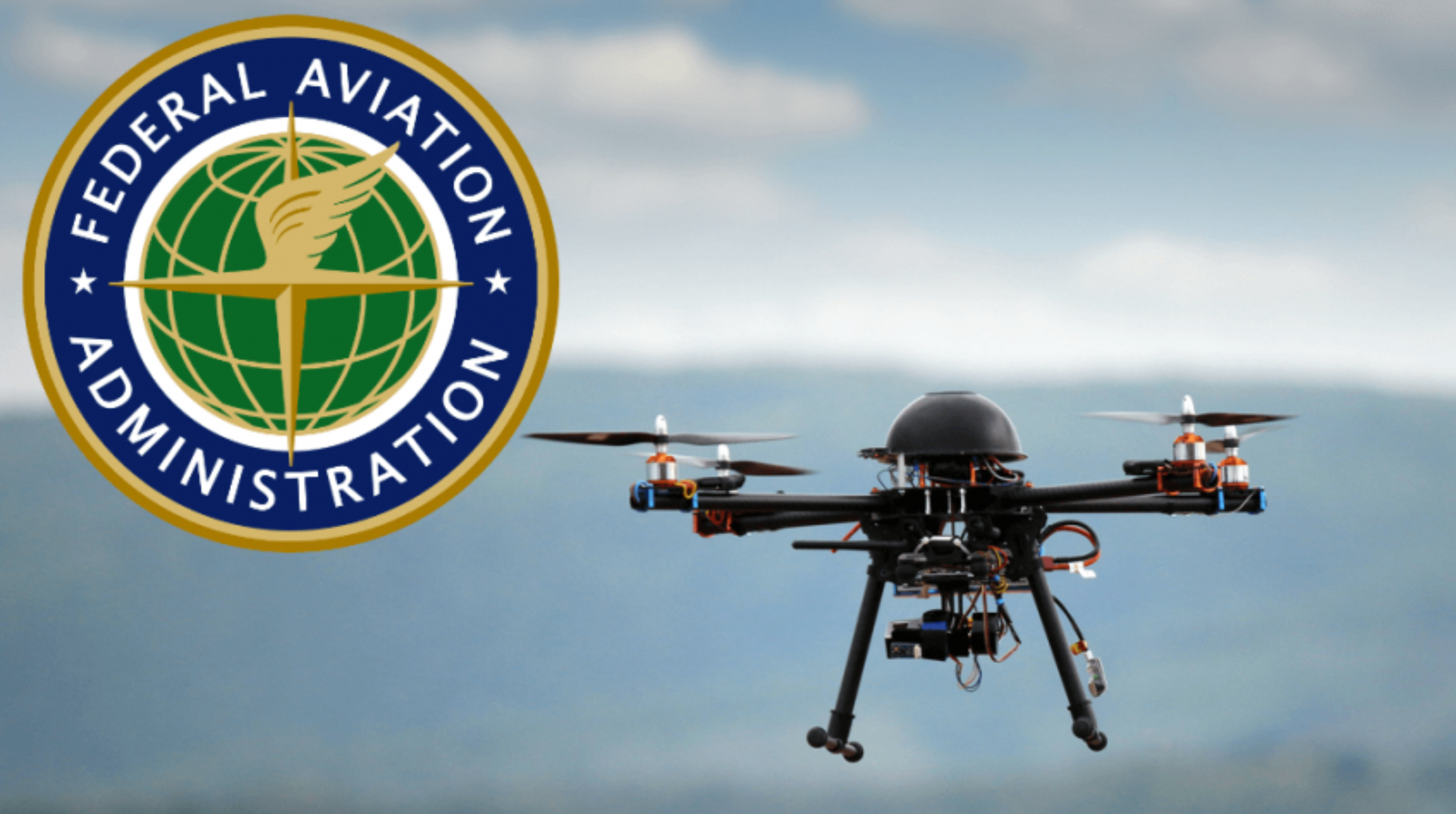What Is Part 107? Why Hiring a Certified Drone Pilot Matters.
As drones become more common in industries like photography, agriculture, inspection, and search and rescue, many people are asking: What is Part 107, and why does it matter? Whether you're hiring a drone operator for professional services or considering flying drones commercially yourself, understanding FAA Part 107 is essential — and could be the difference between safe, legal operation and costly consequences.
What Is Part 107?
Part 107 refers to a set of regulations issued by the Federal Aviation Administration (FAA) that governs the commercial use of drones (UAS) in the United States. Specifically, it outlines the rules that remote pilots must follow when operating drones for non-recreational purposes. This includes everything from real estate photography and surveying to thermal pet recovery and industrial inspection.
Under Part 107, drone pilots must pass an FAA Aeronautical Knowledge Test to earn their Remote Pilot Certificate. This certification ensures that pilots understand airspace classifications, weather effects, emergency procedures, flight restrictions, and safety protocols — all essential for responsible drone operation.
Who Needs a Part 107 Certification?
Anyone operating a drone for commercial purposes in the U.S. must hold a Part 107 certification. “Commercial” doesn’t just mean you're getting paid — it means any flight done for work, business, or compensation, even if you're not directly profiting from it.
Examples include:
A real estate agent photographing properties
A farmer mapping crops
A construction crew surveying a job site
A drone operator offering thermal search for lost pets
Any drone work being offered as a service to clients
Recreational flyers — those who fly drones purely for hobby or personal enjoyment — do not need a Part 107 license but must follow different rules, such as flying under the FAA’s Exception for Recreational Flyers.
Why Hiring a Certified Drone Pilot Is So Important
When you hire a drone pilot, you're not just hiring someone with a camera in the sky — you're trusting them to operate safely, legally, and professionally. Hiring a Part 107 certified pilot provides assurance that:
✅ They know the law. Certified pilots understand restricted airspace, no-fly zones, and FAA regulations.
✅ They fly safely. They're trained in risk assessment, weather conditions, emergency procedures, and responsible flying near people and property.
✅ They're insured. Most professional pilots carry liability insurance — and many insurance providers won’t cover operators without a Part 107 license.
✅ They’re accountable. Part 107 pilots must comply with FAA standards, making them more likely to operate with professionalism and care.
Hiring an uncertified drone pilot puts your project at risk of legal violations, fines, safety hazards, and insurance complications. If something goes wrong — from property damage to airspace violations — the responsibility could fall on you.
How Enterprise Aerial Solutions Operates
At Enterprise Aerial Solutions (EAS), every mission is flown by fully certified, FAA Part 107 pilots who are trained in both standard drone operations and advanced specialty work like thermal imaging, wildlife surveys, and search and recovery. Our pilots operate with a deep understanding of airspace, safety standards, and compliance — ensuring that your project is not only effective but legally protected.
Whether you’re hiring us for aerial photography or emergency pet recovery, you can trust that we’ll do it right — with the skill, knowledge, and certification to back it up.
Final Thoughts
Part 107 is more than a certificate — it's a commitment to professionalism, safety, and responsibility in the sky. If you're hiring a drone operator for any service, always ask if they’re Part 107 certified. And if you're considering using drones for your own business, getting certified is the first step toward becoming a legitimate, trustworthy operator.
